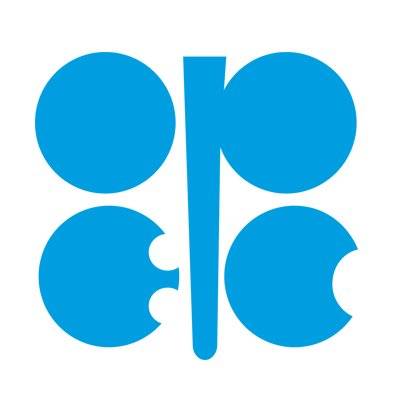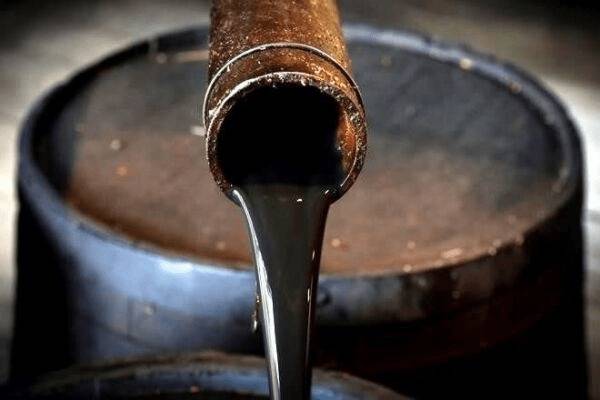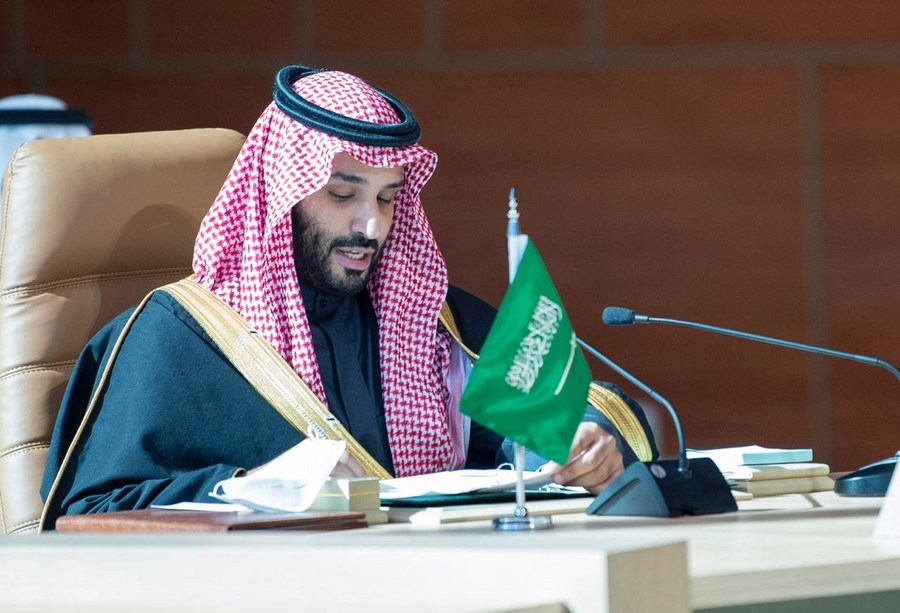Saudi foreign ministry said the statements against OPEC+ decision “are not based on facts”, but to portray the decision out of its “purely economic context.”…reports Asian Lite News
The Kingdom of Saudi Arabia has rejected statements criticising the decision taken by Organisation of Petroleum Exporting Countries (OPEC) Plus to slash oil production by the largest amount since the start of the pandemic.
Saudi foreign ministry said the statements “are not based on facts”, and “are based on portraying the OPEC+ decision out of its purely economic context.”
An official from the ministry said the outcomes of the OPEC+ meetings are adopted through consensus among member states, and that they are not based on the unilateral decision by a single country.
“These outcomes are based purely on economic considerations that take into account maintaining balance of supply and demand in the oil markets, as well as aim to limit volatility that does not serve the interests of consumers and producers, as has been always the case within OPEC +,” an official statement read.
The decision by the cartel to slash oil production by 2 million barrels a day, equivalent to about 2 per cent of global oil demand, has placed Saudi Arabia on a collision course with the White House, which has accused the kingdom of aligning with OPEC+ member Russia.

US President Joe Biden believes that it is time for Washington to rethink its relations with Saudi Arabia after the latter’s action which threatens to spike gas prices in the winter before the crucial November 8 mid-term elections to the 435-member House of Representatives.
“The Kingdom clarified through its continuous consultation with the US Administration that all economic analyses indicate that postponing the OPEC+ decision for a month, according to what has been suggested, would have had negative economic consequences,” the Saudi foreign ministry said.
It noted that any attempts to distort the facts about the Saudi’s position regarding the crisis in Ukraine are “unfortunate”, and will not change the “Kingdom’s principled position”, including its vote to support UN resolutions regarding the Russia-Ukraine crisis.
The foreign ministry stressed that while it strives to preserve the strength of its relations with all friendly countries, it affirms its rejection of any dictates, actions, or efforts to distort its noble objectives to protect the global economy from oil market volatility.
Meanwhile, the Kingdom said it views its relationship with the United States of America as a strategic one that serves the common interests of both countries.
“The Kingdom also stresses the importance of building on the solid pillars upon which the Saudi-US relationship had stood over the past eight decades. These pillars include mutual respect, enhancing common interests, actively contributing to preserve regional and international peace and security, countering terrorism and extremism, and achieving prosperity for the peoples of the region,” the foreign ministry added.

IEA warning
Western governments are furious after OPEC+ decided last week to slash oil production by the largest amount since the start of the pandemic, and the cartel’s actions may tip the global economy over the edge, the International Energy Agency has warned, media reports said.
“With unrelenting inflationary pressures and interest rate hikes taking their toll, higher oil prices may prove the tipping point for a global economy already on the brink of recession,” the Paris-based agency said Thursday in its monthly oil market report, CNN reported.
The IEA slashed its forecast for world oil demand growth next year by more than 20 per cent, citing further downgrades to global growth expectations from major institutions. The International Monetary Fund said this week that for many people, 2023 will “feel like a recession”, as it cut its GDP growth forecast to 2.7 per cent from an earlier prediction of 3.2 per cent.
Despite much weaker growth in demand, the supply cuts by Saudi Arabia and other major oil producers are expected to sharply reduce global oil stocks and keep prices elevated.
“The massive cut in OPEC+ oil supply increases energy security risks worldwide,” the IEA said, CNN reported.
The early days of the pandemic drove Brent crude as low as $20 a barrel � while US oil prices briefly turned negative � leading to a spate of bankruptcies across the oil and gas industry.
“This casts doubt on suggestions that higher prices will necessarily balance the market through additional supply,” the IEA added. Supply growth is set to “slow markedly” in 2023, although still reach a record of 100.6 million barrels a day.
World oil demand is forecast to average 101.3 million barrels a day next year, it said.

